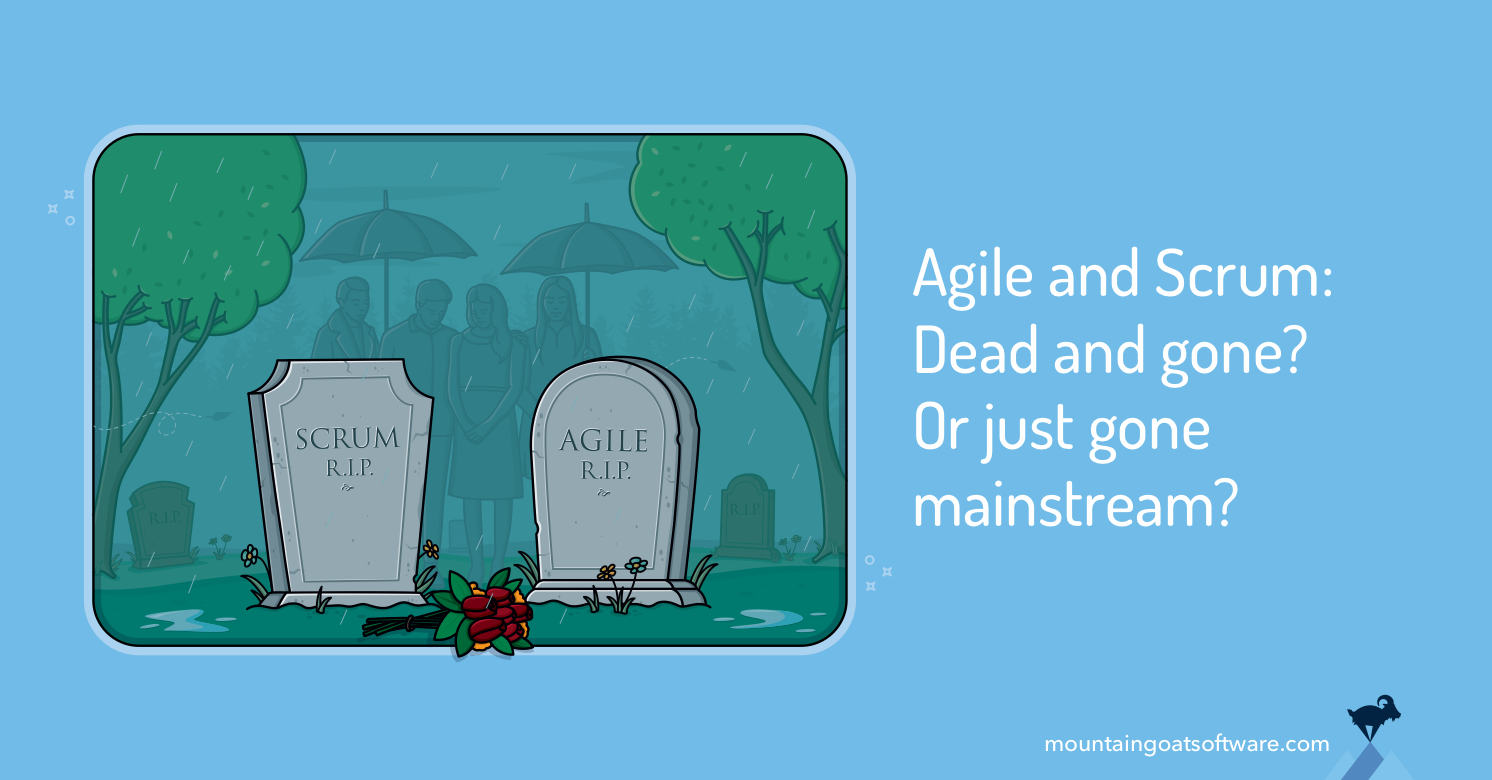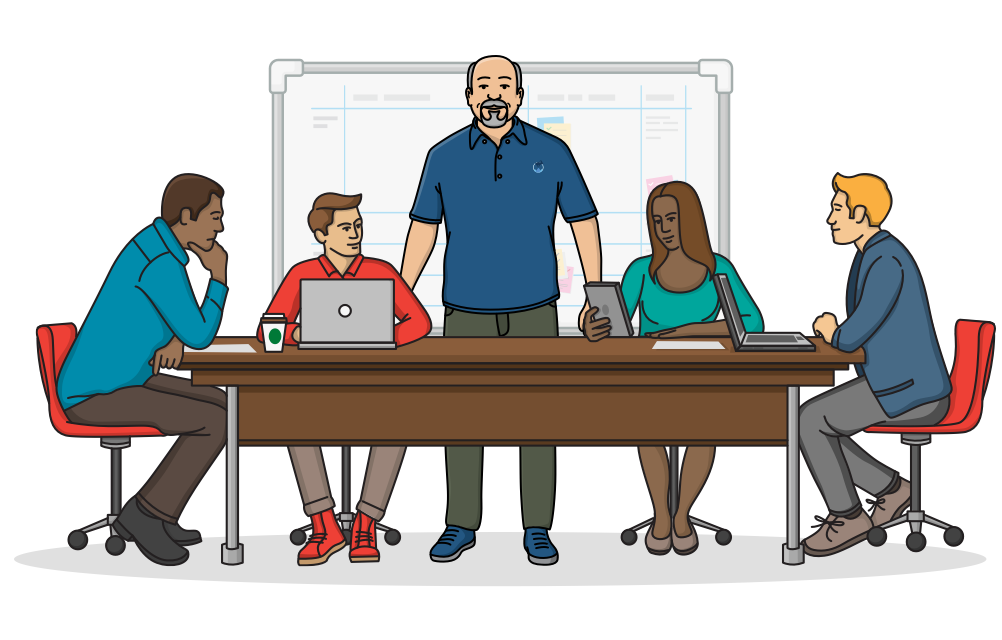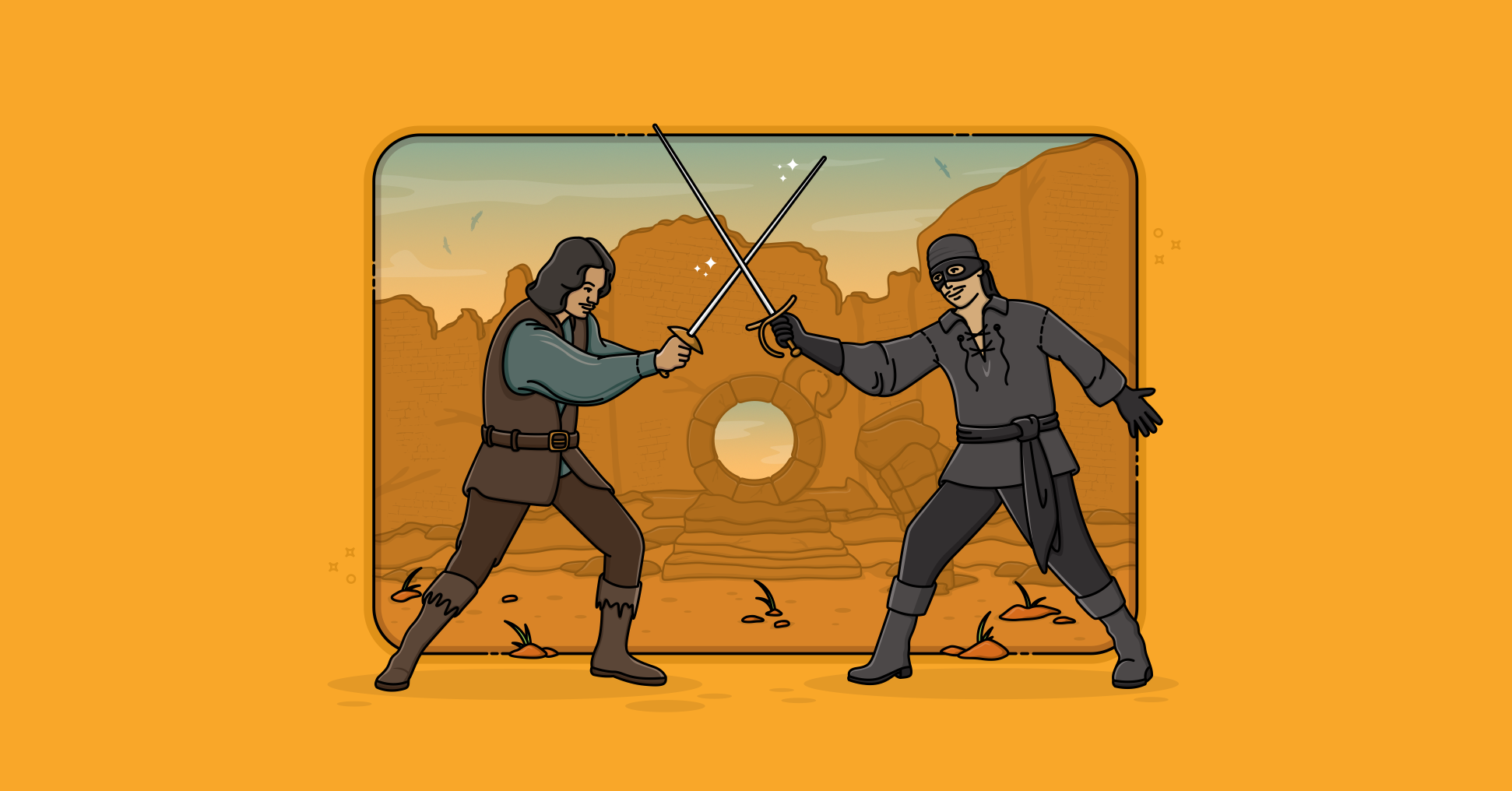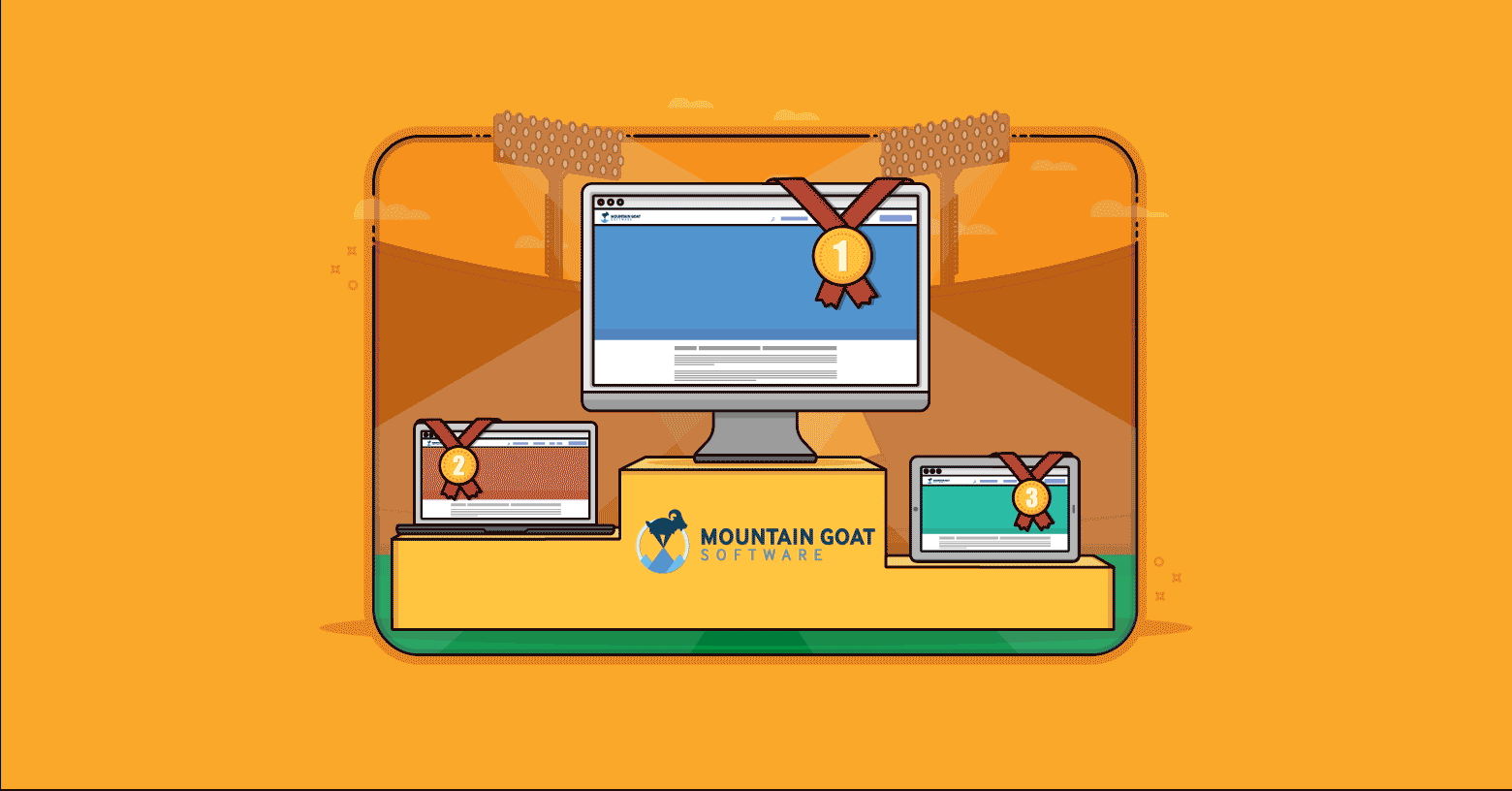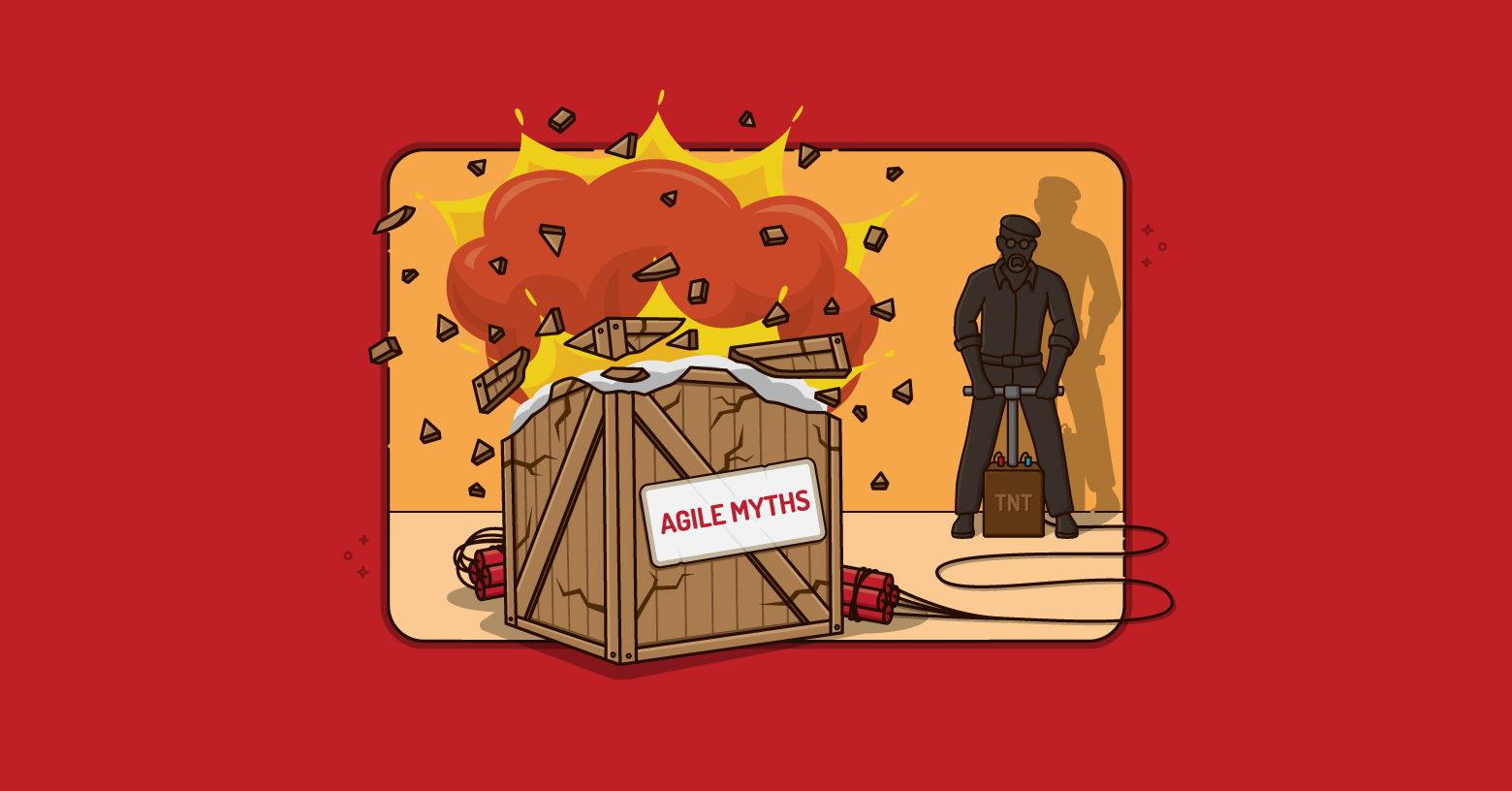I’ve always said I eventually wanted Scrum and agile to go away. From what I've read lately, maybe we're there.
I don’t think a week passes without some article called "Agile Is Dead." or "Is Scrum Dead?" appearing in my browser or email. Does that mean that we are in a post-agile era? Is agile dead?
Agile for the Win
Within a few years of the Agile Manifesto being written, I began to say I wanted agile to go away. I didn’t mean I wanted us to stop using Scrum and other agile frameworks. Rather, I expected an agile way of working to win.
I wanted an agile way of working to become so much the accepted approach to product development, or to teamwork in general, that we could stop talking about it.
Instead of saying “agile project management,” for example, I could just say “project management” and the assumption would be that, of course, that meant that the teams would be using an agile approach.
To some extent, we’re there.
Agile Has Become Standard Practice
The agile approach to work has brought about many changes over the years—so much so that what was once a revolutionary way of thinking has now just become standard operating procedure for most teams. Here are just a few examples:
Cross-functional teams: When Scrum emerged as the original agile framework in the mid-1990s, cross-functional development teams were not common. They are now.
Iterative and incremental development: The shift to iterative, incremental development started in the mid-to-late 1980s with Barry Boehm’s spiral model and Tom Gilb’s evolutionary delivery. (Did you know I named Mountain Goat Software after a sentence in Tom Gilb’s book?) That shift accelerated dramatically after the Manifesto in 2001. Prior to that, most software development was done in phases—typically an analysis phase followed by design, coding, and testing phases. Now, most development is done incrementally and iteratively.
Lightweight design: Heavy duty, pixel-perfect prototypes were common back then due to the high cost of iterating over a design. While prototypes are still used today, multiple quick prototypes are now common to help product owners and managers choose between options.
Built-in quality: Before the advent of agile, organizations thought they could add quality to a product by testing quality in at the end. Agile has helped us see that isn’t true.
So I ask you, how can people say "agile is a waste of time?" Or "agile doesn't work and never did" when these agile practices have become our default way of working?
What Is Replacing Agile, If It's Dead?
Recent articles and podcasts saying agile is dead are not saying we need to reverse the improvements agile initiated or accelerated.
I haven’t read anything advocating a return to waterfall development or, more accurately, the ad hoc development practices that were more common before agile. I'm also not reading anything that suggests that something new or better is replacing agile.
Instead, the “agile is dead” articles more closely mimic my long-held view that we will eventually stop talking about agile teams, agile development, agile frameworks and more. We'll just talk about teams, development, and frameworks, and we'll assume they are, of course, agile.
Are Agile and Scrum Dead or Ho-Hum?
So are agile and scrum dead? I don’t think so.
I do sense that we might be experiencing some agile and Scrum fatigue. It's analogous to what happens in the music industry. Fans who love an artist’s first few albums often sour on that artist when they’re discovered by the masses. The artist is no longer the hip, new thing and many early fans move on because of that.
In a similar way, maybe Scrum and agile have become so mainstream that they are no longer new enough to please the early adopters.
At the same time, there’s still plenty of work ahead before we can declare that agile has won. It’s why Mountain Goat Software is focusing more attention toward building a common understanding of agile and Scrum with whole-team training, such as Working on a Scrum Team.
I will be happy when agile wins, when we can drop it as an adjective in front of so many terms. Until then I will remain dedicated to helping teams succeed whether we call it agile or not.

